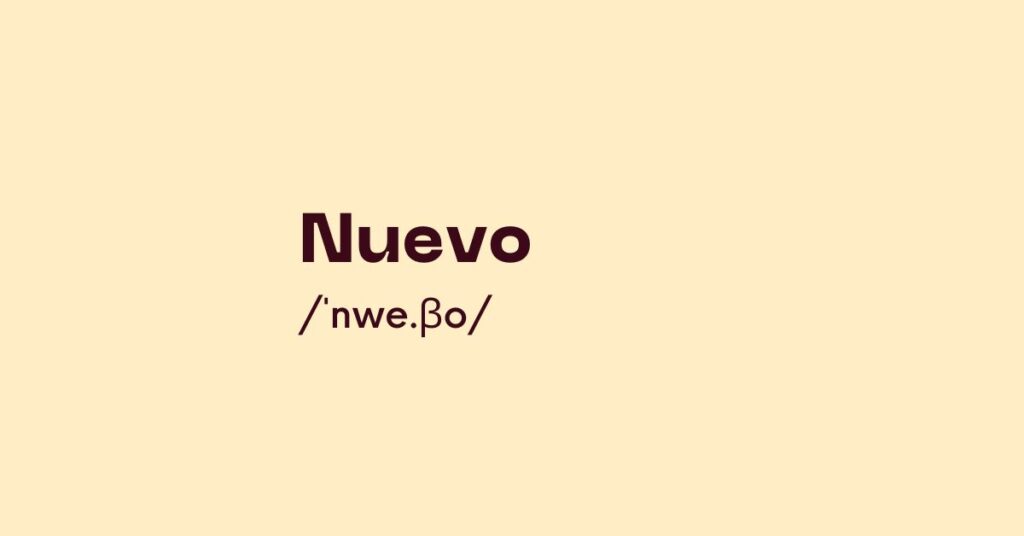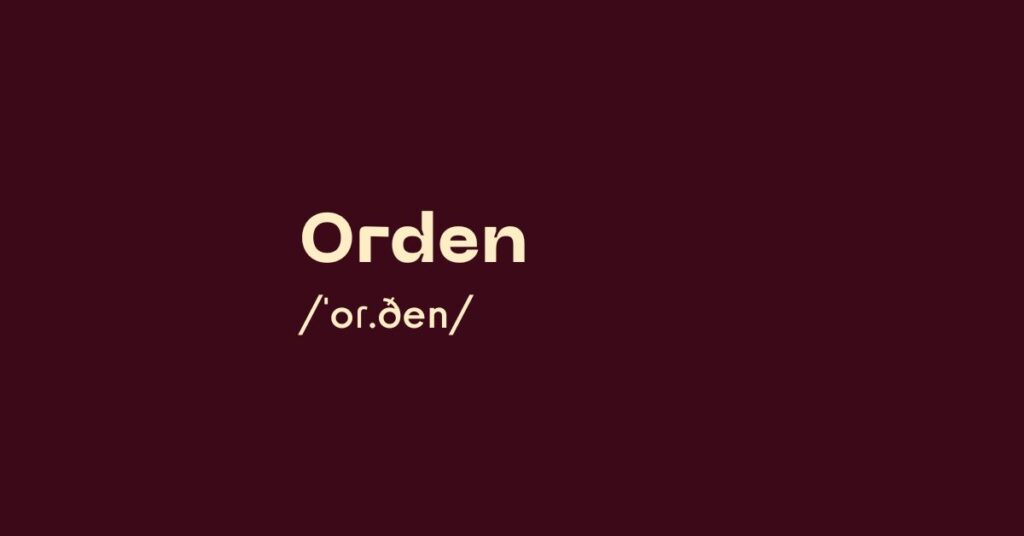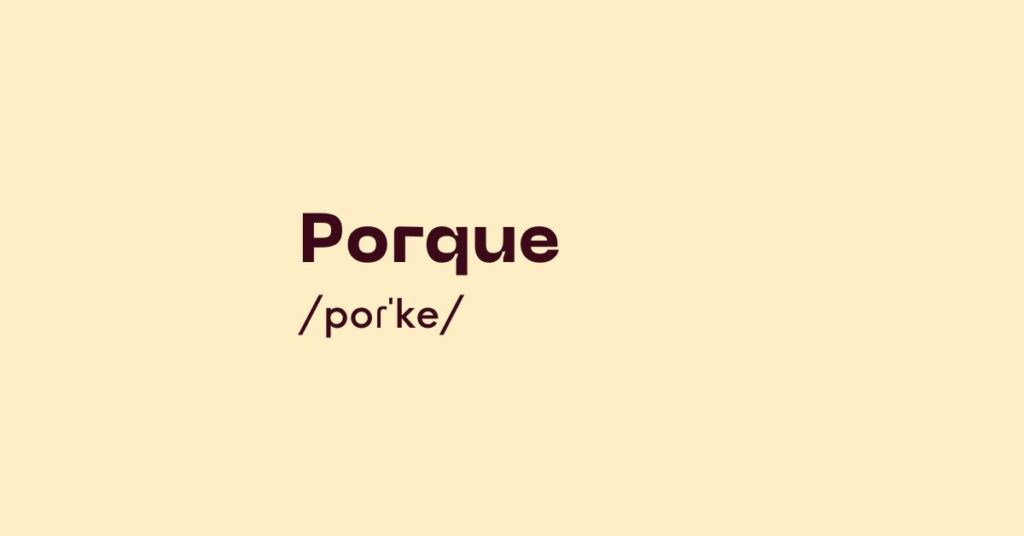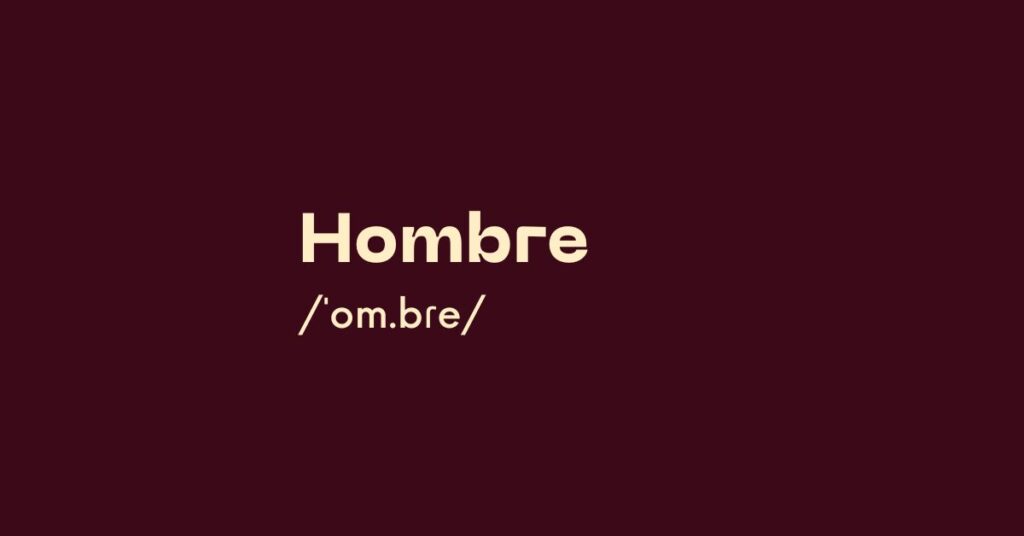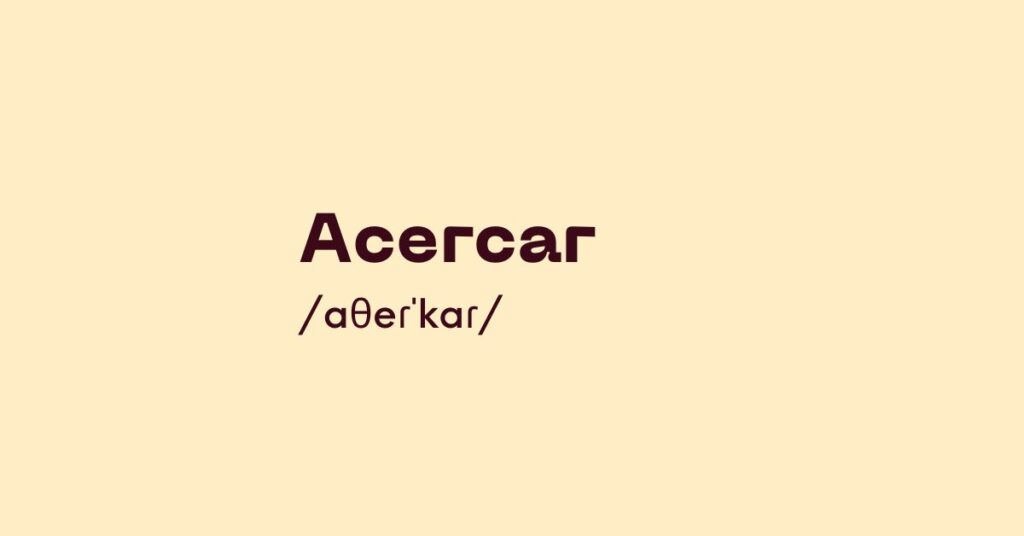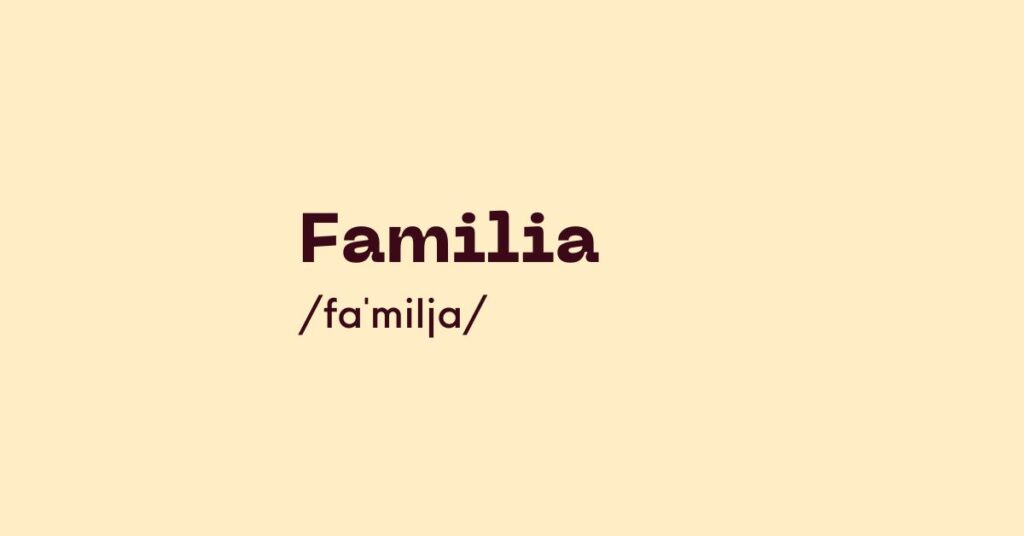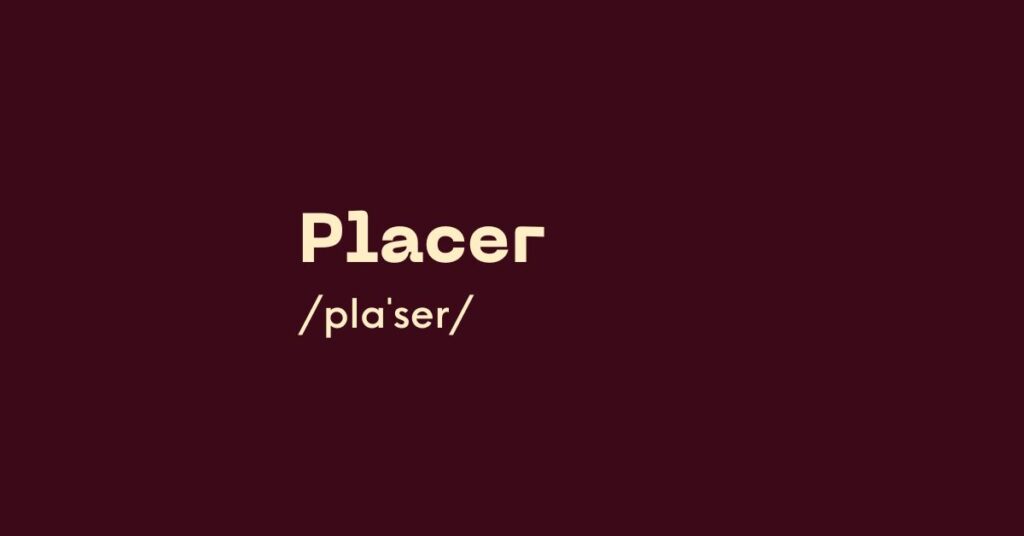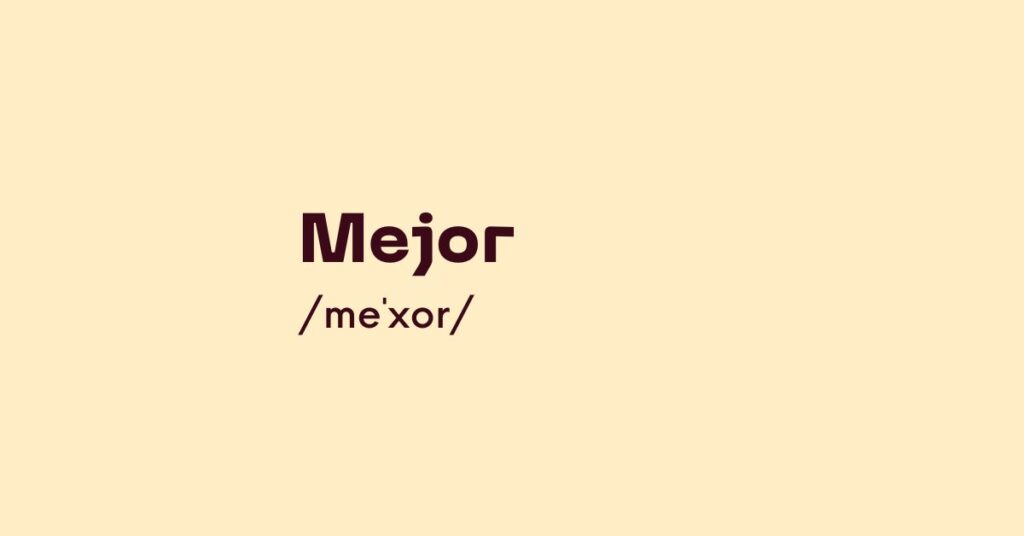Nada
Today’s Spanish word of the day is “nada”. It’s an indefinite pronoun meaning “nothing”. Since Spanish uses the double negative, there are times when “nada” can be translated as “anything”, for example in the phrase “no tengo nada” (“I don’t have anything”). This literally means “I don’t have nothing”, which would generally be considered grammatically […]

